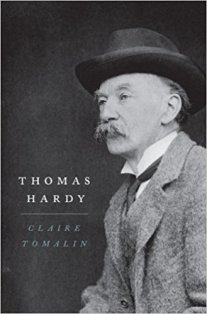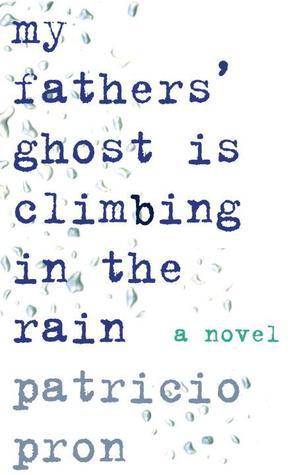 Thomas Hardy has long been one of my favorite Victorian writers, so when I learned that Claire Tomalin had written his biography, I set about getting a copy. Tomalin has made a career of writing interesting and readable but meticulously documented biographies of mostly literary figures and has become one of my favorite biographers.
Thomas Hardy has long been one of my favorite Victorian writers, so when I learned that Claire Tomalin had written his biography, I set about getting a copy. Tomalin has made a career of writing interesting and readable but meticulously documented biographies of mostly literary figures and has become one of my favorite biographers.
Tomalin shows that Hardy was a contradictory man—shy but eager to socialize in intellectual circles, resenting early snubs but nevertheless a snob himself, an inner-living man who still welcomed all who came to see him. Hardy was the son of an uneducated builder and a house servant, both of whom encouraged him in his efforts to gain an education and better himself. But in those days this was difficult, and he never achieved his dream of a Cambridge education. Instead, he went to work at 16 in an architect’s office.
Above all else, Hardy became a writer who challenged conventional attitudes toward women, sex in literature, and religion. Almost from the beginning of his career, while still writing formula novels, he ran into trouble with editors wanting to censor his work. His publication of Tess of the D’Urbervilles, with its subtitle “A Pure Woman,” caused an uproar. Although I have read many of his novels, it was fascinating to read about them in terms of events going on in his own life.
What I had not read much of is his poetry. Hardy always considered himself a poet rather than a novelist, and at the height of his career, after publication of Jude the Obscure, he caused another furor by quitting his novel-writing career to concentrate on poetry. Tomalin is obviously a fan of his poetry, and although I am not much of a poetry reader, the snippets she reproduces are musical and beautiful, and the context she gives them fascinating.
Tomalin begins her book with the story of Hardy’s regret after his first wife’s death that they had grown apart. The story of that relationship, as well as that with his second wife, is also very interesting.
Tomalin has a gift for breathing life into her subjects so that you feel as if you understand them, at least a little. If you have any interest in Thomas Hardy, you’ll find this a compelling book.
Related PostsCharles Dickens, A Life
Tess of the D’Urbervilles
Far From the Madding Crowd
Advertisements Share this:

![34347898[1]](/ai/030/582/30582.jpg)


